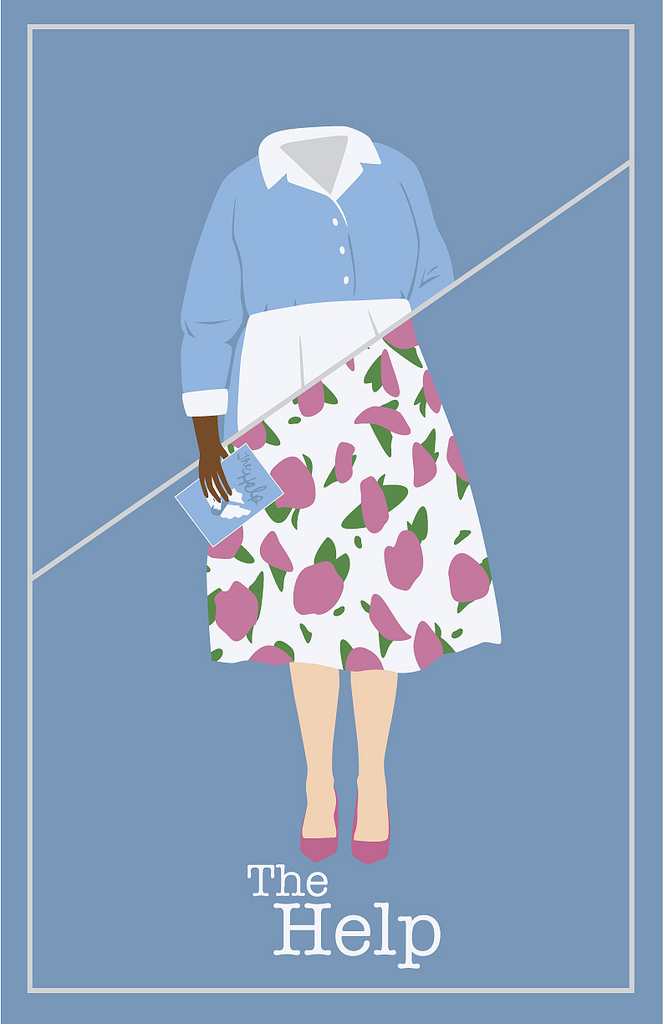Gowns! Awards! Champagne! White guilt, stereotypes and appropriation?
The Academy Awards were on Sunday (as if we could get away from it) and among the usual Oscar bait and amidst some clever titles, was another ode to white guilt and racial stereotypes in the form of The Help, based on the novel The Help by Kathryn Stockett. Stockett’s novel about segregation in the American South is not a shocking portrayal of Black housemaids during the Jim Crow South, but a watered down version that glorifies the white characters as the heros. As information about the authenticity and credibility of the story come to light, what is among some of the troubling aspects of the novel is Stockett’s portrayals of Black women in the 1960s as nothing more than caricatures of ‘Mammy’ and the aids to white self-realization and ‘coming-of-age’. Stockett’s misrepresentation of Black women seemingly serves to pry on those individuals who use stories like this to assuage aspects of white guilt, rather than challenge the historical context and realism that created and perpetuates these realities. It is harmful to have both novels and films like this championed for their content and seen as seemingly progressive for their dealings with these historical issues — using them as a platform and veil to the real issues at hand and more so an aid to the ‘morality’ of white protagonists.
The criticisms of the novel and the movie are not meant to chastise the inspired performances of the actors, particularly the Oscar-nominated performance of Viola Davis and the Oscar-winning performance of Octavia Spencer. These women show power and integrity within their performances and also continue to comment on the reality of Black Hollywood, specifically the amount and type of roles available to Black women. What is urged by many critics including the Association of Black Women Historians (ABWH) is a change in the perception of historical events in Black America and of the portrayal of these events. Who is telling the history is the utmost importance because it can represent the accuracy of these events and show respect towards those who lived them.
Below is a list of alternative sources ABWH has accumulated after releasing an open statement about these stereotypes and one-sided written portrayals of Black women in the South. The reading list hopes to draw attention, credit and respect towards the history of these women instead of using their lives as entertainment for mass audiences.
ABWH’s Suggested Readings
Fiction
Like on of the Family: Conversations from A Domestic’s Life – Alice Childress
The Book of the Night Women – Marlon James
Blanche on the Lam – Barbara Neeley
The Street – Ann Petry
A Million Nightingales – Susan Straight
Non-Fiction
Out of the House of Bondage: The Transformation of the Plantation Household – Thavolia Glymph
To Joy My Freedom: Southern Black Women’s Lives and Labors – Tera Hunter
Labor of Love Labor of Sorrow: Black Women, Work, and the Family, from Slavery to the Present – Jacqueline Jones
Living In, Living Out: African American Domestics and the Great Migration – Elizabeth Clark-Lewis
Coming of Age in Mississippi – Anne Moody
The author would like to specially thank Haseena Manek for bringing attention to the ABWH reading list and continuing the discussion on the portrayal of Black women in media.
Image courtesy of Creative Commons through the flickr photostream of brittany.



